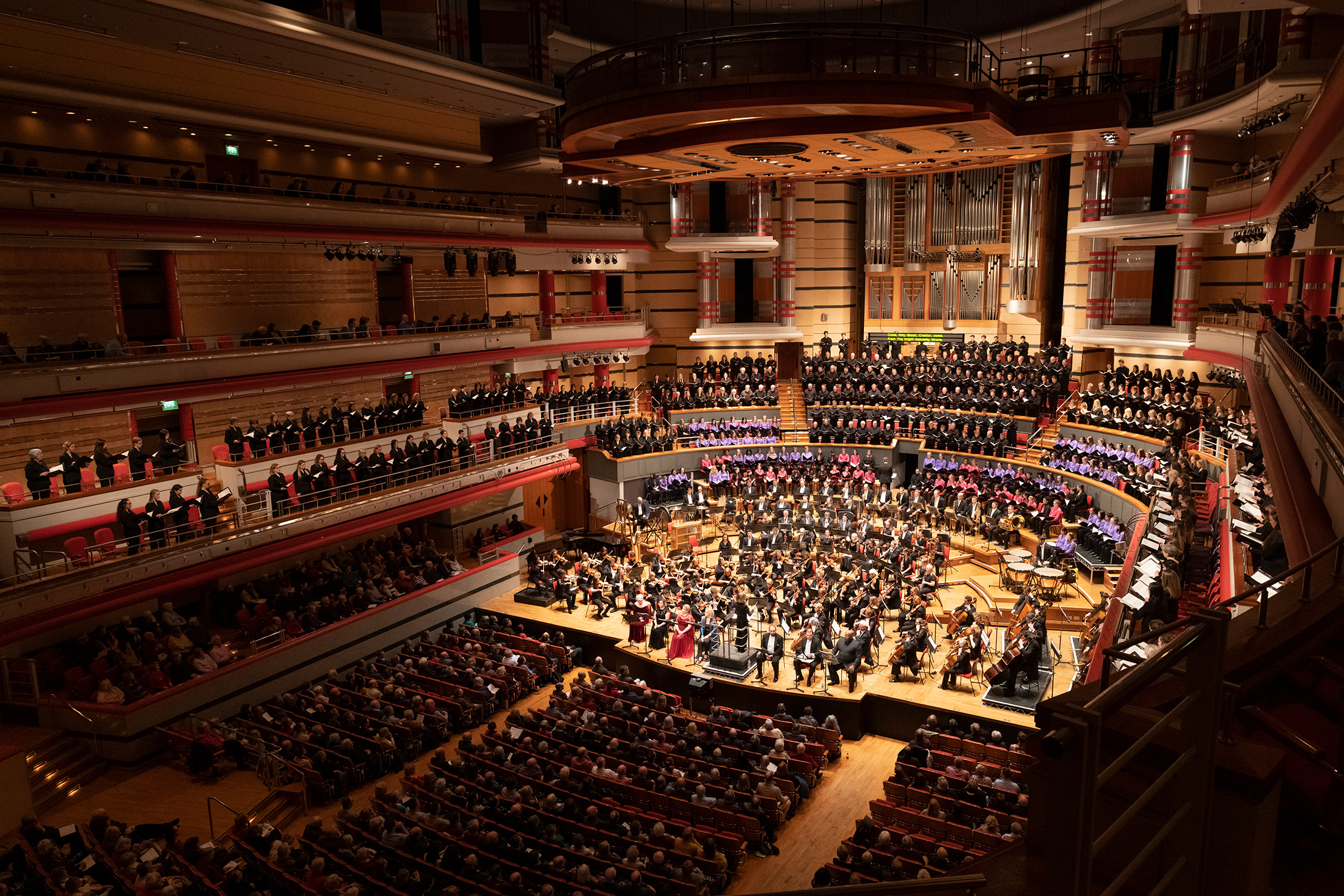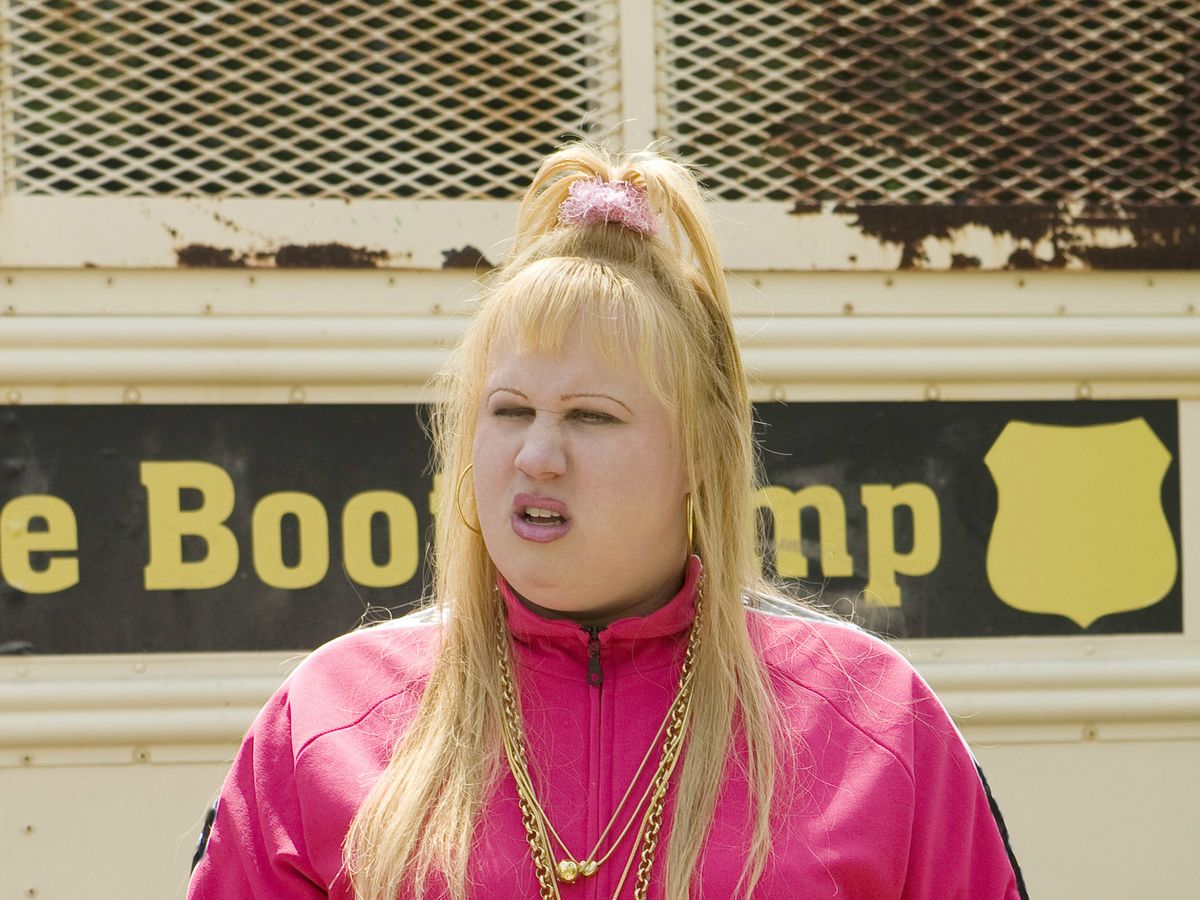I’m journalling my Proms season this year. Not necessarily day to day. More documenting my experience of it and the thoughts that arise from it. The numbering I use in the titles refers to the posts rather than a direct reference to the Prom number.
Ehnes plays Britten
I remember seeing Ehnes play something or other in Verbier Church a few years back. What I loved about his solo performance was his unpretentiousness – a charming, effortlessly calm and direct style of communication that made me go slightly weak at the knees.
(By way of comparison Finn Pekka Kuusisto achieves a similarly unequivocal level of ‘hotness’ when I’ve seen him play.)
That I was reminded of Ehnes’ on-stage charisma when I listened to Britten’s Violin Concerto points to the fine indeterminate details of a musicians expression that have the power to trigger memories. Defining indescribable characteristics that have the potential to momentarily paralyse the listener in near-ecstasy.
Well, maybe near-ecstasy is gilding the lily somewhat. But bloody hell the Britten was brilliant. Meaty, solid, anguished and, above all else, an evocative trigger of ‘home’ on the east coast of Suffolk. On a second listen I hear a romantic approach to the candenza which I rather like. The strings of the orchestra also sounded pretty good too – especially in the Shostakovich-esque Passacaglia. Very strong Royal Academy of Music and Julliard School. Nice work.
Listening to the concert on the radio (in the kitchen, on the oil-spattered digital radio) I had my first pang of ‘I really ought to be there’ of the season. This wasn’t so much ‘fear of missing out’, as ‘fear of missing the point of the season’. A sudden realisation dawned. I seem to spend so much of my time pedalling around, talking to people, writing about stuff in order to generate work, that I don’t actually set aside time to experience the thing that I write about. And that means I miss out on the thing I love. I need to build some time in.
Another tweet (mine this time)
Eagle-eyed individuals will recall I tweeted about the BBC Symphony’s principal oboist using a shot of the considerable impact his embouchure has on his cheek muscles. This appeared at first to have been received well by nearly all. One or two responded with ‘he played so well though,’ leading to me to conclude that some thought I was ridiculing the chap. I clarified in typical Jon Jacob fashion. Things escalated when another oboist, revealing her connection with the subject of the image (his partner), commenting on how she hoped Twitter could be a nicer place, confirming in my mind that yes, it has been interpreted as me having a dig. Phoned a friend for context, held an executive board meeting with myself then deleted the tweet.
Some thoughts arise.
My intent was sound, respectful and fun. That other professional musicians (high voluting ones too) ‘liked’ the tweet confirmed that most others recognised the intent.
The sense of shame that has arisen since deleting the tweet burns. This I consider a good thing to an extent. It demonstrates that I’m not a cold-hearted bastard and, given that I’m talking about here, a reminder for me that valuable thinking and actions emerge from confronting things which others might feel embarrassed about.
Why the sense of shame? The timing was interesting, hot on the heels of the Phase Eight thing last week, you’d think I’d have foreseen all reactions and thought twice. The orchestral world is small than a bands scale on stage might lead you to believe. And whilst I don’t derive much if any revenue from the classical music world, the idea that me (self-proclaimed advocate) ends up pissing off the world I seek to champion seemed (and still does seem) uncomfortably possible.
But it got me thinking, had the picture been of a brass player would the reaction have been unequivocally different. If it had been a percussionist displaying a similar feat of technical agility, might some have seen it as a dig?
Dvorak Violin Concerto on TV

One of the big ‘innovations’ this year as trumpeted (boom) by the BBC press team has been the inclusion of Jess Gillam as a new presenter in the Proms TV lineup. I’m not entirely sure this is an innovation driven by independent TV production company Livewire or whether its something Jess’ record label Decca have been keen to see happen (see earlier post for an explanation).
Certainly, Jess being called out as ‘the youngest presenter on Radio 3’ by Controller Alan Davey when she took on This Classical Life, makes her inclusion at the Proms less innovative and more of an inevitable consequence of a strategy designed to make classical music more appealing to a young(ish) audience.
As it’s her first appearance, it made sense that Katie Derham held onto the reins, introducing the newcomer to the regular(ish) audience. But there were times when the presence of two hosts made things feel a little cumbersome – in the same way that two news anchors swapping delivery sentence and sentence makes for a disjointed viewer experience. There didn’t seem to be a huge amount of on-screen rapport between them (note – on-screen rapport is different from how they might be off-camera, so I’m not being a bitch here in case anyone screams) and the mismatch of styles of delivery (inevitable given Jess’s significant lack of experience) highlighted the presence of the script. Two hosts speaking to one interviewee looked a little strange, it has to be said. A sledgehammer to crack a nut, if you will.
There are some nice touches. I do really like the presenter-less talent-led introductions, this evening given by Joshua Bell. They’re natural, straight-forward and pleasingly authentic.
The introductions to works given by the pundit – a spoken programme note – are useful though their success depends solely on limiting the information and maximising the delivery. Not an easy ask at all, but for me worth sticking with. It needs a consummate broadcaster able to deliver a rich script by combining warmth and knowledge.
The opening sequence to the broadcast is marvellous. It does a great deal in an extremely short space of time to settle my nerves and set the tone.



